True CCPA/CPRA compliance, simplified for non-tech teams
Most privacy tools stop at opt-outs. Ketch’s data privacy platform actually enforces your users’ CPRA rights—across every system where their data lives.
Google-certified CMP ![]()
Top-rated consent management platform on
![]()
Trusted by the world's leading brands
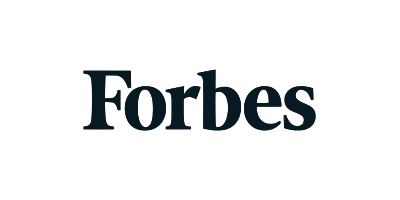
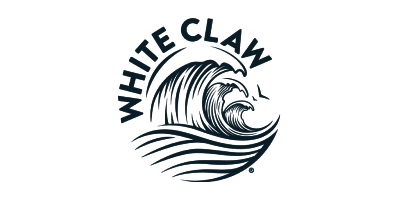
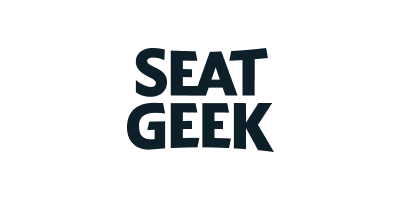
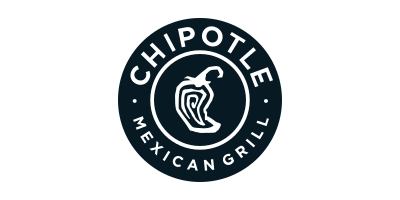
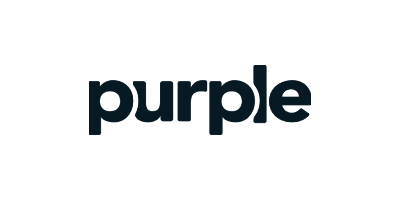
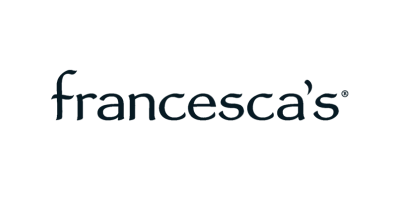
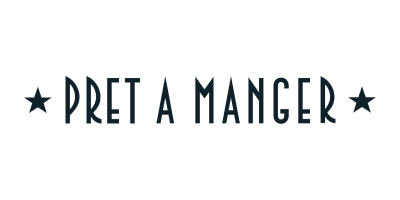
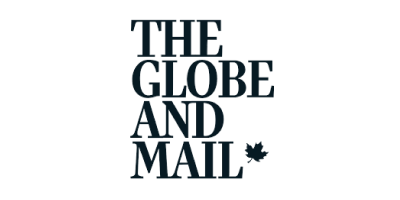
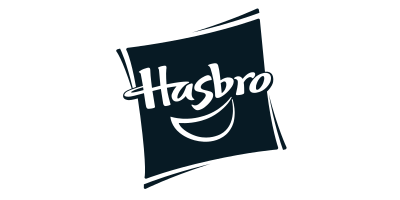
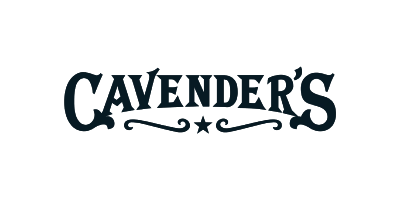
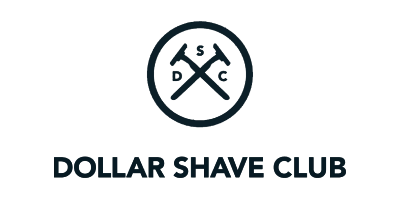
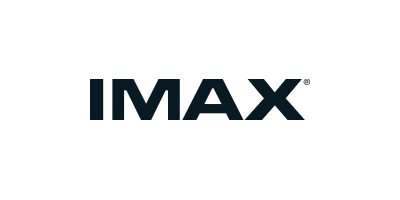
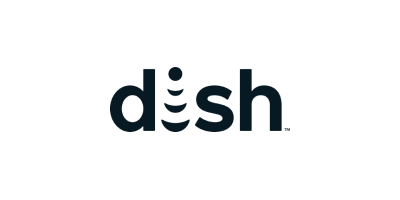
"Beginning in 2025, monetary damages, administrative fines, and civil penalties are being increased for violations of the CCPA"
- The California Privacy Protection Agency (CPPA)
True compliance with Ketch
0
Most cookie banner tools
149
True compliance with Ketch
Most cookie banner tools
CCPA/CPRA requirements
Ketch makes CPRA compliance easy.
Collect and enforce consumer privacy preferences and opt-outs across all of your data systems
Compliance requires the ability to collect and enforce consumer privacy choices across your data ecosystem. CCPA (California Consumer Protection Act) is already live, and the enhanced CPRA (California Privacy Rights Act) was enforced beginning on March 29, 2024. Businesses require flexible and responsive infrastructure to comply with regulators and meet consumer expectations.
Schedule a Demo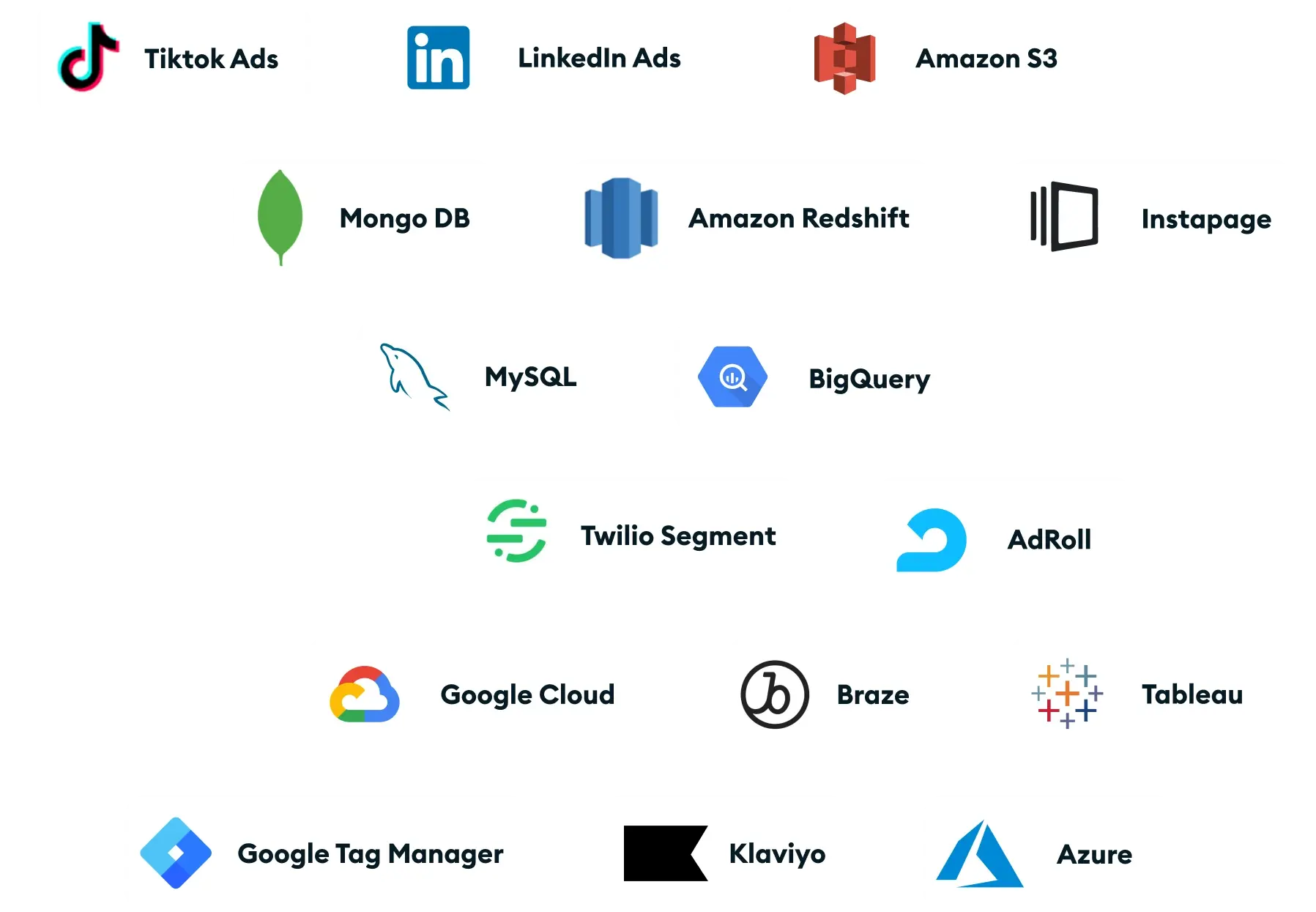
Customizable banners for CCPA, CPRA, and beyond
No coding expertise? No problem. Ketch is easy for legal and marketing teams to use, with WYSIWYG, drag-and-drop customization capabilities. With Ketch consent and preference management, you can use our pre-defined templates to quickly spin up privacy policies and notices for California consumers.
Schedule a Demo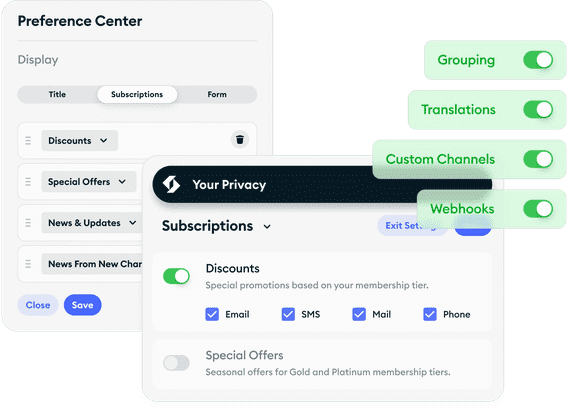
Comply with targeted advertising requirements under California law
Under the CCPA and CPRA privacy laws, consumers can make the choice to opt-out of activities like targeted advertising. Businesses are obligated to respect and enforce these consumer choices across internal and vendor data systems. With Ketch custom workflow builder tools, you can create manual and automated flows that match your desired business processes.
Schedule a Demo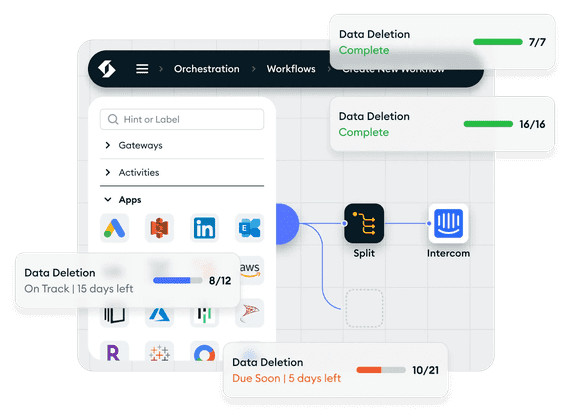
Flexible privacy software that grows with your business
Starter
$150/Month
Billed annually
Up to 30,000 unique users
For growing businesses with moderate traffic websites and apps.
Plus
from $499/Month
Billed annually
Up to 150,000 unique users
For businesses with high traffic websites and apps.
Pro
Custom Pricing
Large-scale digital footprint
For medium and enterprise brands with sophisticated privacy requirements.
Our customers see 12x ROl compared to first-generation solutions
Seamless Integration and Exceptional Support from Ketch's Expert Team
Ketch has a great team of knowledgeable associates who know the intricacies of how their product integrates with various other systems. Their product is valuable not only from a functionality standpoint but also from a cost perspective. During onboarding, our account representative made themselves available, even outside of normal work hours, to meet with other system vendors to ensure all of our products were synced together properly.
Digital Marketing Specialist
Banking | Enterprise ($3B-$10B USD)Easy migration from OneTrust
Ketch's fantastic customer support stands out in the enterprise software space. Having direct access to product engineering teams has been a refreshing and invaluable resource. On multiple occasions, our Ketch account team has coordinated workshops with the Ketch product team to troubleshoot and solve problems—always with outstanding results.
Verified User in Manufacturing
Enterprise (> 1000 emp.)Unveiling Excellent Customer Experience: A Journey With Ketch
Our sales process and customer experience team have been excellent.
Marketing Campaign Manager
Banking | Mid-market ($50M-$250M USD)DSAR and Cookie Consent Management "Enterprise Privacy Platform"
Great customer support our CX lead has been great and often goes above and beyond to help our team continue to be persistant in the privacy and cookie consent management spaces. Ketch has really helped unite our marketing teams bringing togeather serveral teams that previously operated independently to the same table to enable growth. If your looking for an affordable, easy to use, and easy to implement Enterprise Privacy and Cookie Consent Management platform (that isn't a massive over priced GRC) ketch is the platform for your business!
Brandon E.
Enterprise (> 1000 emp.)Ketch is great to work with and a great product
The Ketch team is amazing to work with and their product is awesome.
VP, Operations
Software | Mid-market ($50M-$250M USD)Quick, Outstanding Level of Work
We needed a solution turned on quickly, and the Ketch team jumped through hoops to make sure we had an outstanding Consent Management tool in place in hours. In particular, Mike made himself immediately and constantly available to us, guiding us through the entire process.
Alex H.
Enterprise (> 1000 emp.)Unlocking Efficient Management with Ketch's CMP Platform
Working with Ketch has been really productive, they have been really helpful and they've guided us the whole way from start to finish and keep supporting us as we are working on using more of their products.
Marketing Associate
Services | Mid-market ($50M-$250M USD)KETCH Customer Service enhances the platform's quality
KETCH's customer service is one of the best we've worked with. They provide personalized service and immediate assistance to resolve any reported issues.
Verified User in Leisure, Travel & Tourism
Small-Business (50 or fewer emp.)Checklist-free
CPRA compliance
CPRA enforcement has been active and well underway.
Are your privacy practices audit-ready?
Ketch is easy-to-use data privacy software for small teams that need fast and easy compliance with California privacy law requirements for CCPA and CPRA, like Do Not Sell and opt-out enforcement.
Deploy in as little as one week.
Start your quick journey to CCPA/CPRA compliance with an expert-led demo
4.6 out of 5
Google-certified CMP & Top-rated consent management platform on G2






FAQs
Learn more about CPRA and CCPA
What is CCPA?
The first law of its kind in the United States, the California Consumer Privacy Act (CCPA) was initiated in the wake of Europe’s even more comprehensive General Data Protection Regulation (GDPR) to improve data transparency in the most populous U.S. state. Signed into law on June 28, 2018, and taking effect on January 1, 2020, CCPA applies to any for-profit business anywhere in the world that meets any one of the following thresholds:
- Annual gross revenue in excess of $25 million
- Buying, receiving, or selling personal information of more than 50,000 consumers or households
- Earning more than half of your annual revenue from selling personal information
What is CPRA?
Coined CCPA 2.0, the California Privacy Rights Act (CPRA) was approved by voters on November 4, 2020, as a means to improve upon the existing CCPA. The new rights and requirements outlined in the CPRA will be enforced beginning March 29, 2024, resulting in a law more in line with the EU’s GDPR and providing greater protection for consumers and additional compliance regulations for businesses.
Why is being compliant with CCPA/CPRA important?
Like GDPR, business required to be CPRA/CCPA-compliant must provide notice to consumers at the time they collect personal data, allow them to opt out and disclose the reason for retaining, sharing or selling personal information. They also must allow consumers to access and delete their personal information, respond to consumer requests within specific timeframes, and maintain all records of requests for a minimum of two years.
Penalties violating CCPA can cost businesses $2500 for per individual violation (i.e., per consumer), with higher fees for intentional violations. While you can avoid liability if you cure the noncompliance within 30 days, there are some types of non-compliance that may not be capable of a cure. For example, if a data breach has already occurred, there’s little you can do to fix it.
With the passing of the CPRA, the price of non-compliance has increased and the establishment of the CCPA is expected to result in greater enforcement. Most notably, CPRA triples the maximum penalty for an individual violation to $7500 for violations concerning minors.
Who needs to comply with CCPA/CPRA?
CCPA and CPRA are applicable to any forprofit entity doing business in California that meet any one of the following thresholds:
- Annual gross revenue in excess of $25 million
- Buying, receiving or selling personal information of more than 50,000 consumers or households (expanded to 100,000 under CPRA)
- Earning more than half of your annual revenue from selling personal information
How can Ketch help me become compliant with CCPA/CPRA?
Ketch is easy-to-use data privacy software that makes it easy for businesses and brands to comply with data privacy regulations including CCPA/CPRA.
With Ketch, you can automate opt-outs, collect consent, enforce consumer privacy choices across your systems. Ketch can also help you with essential privacy program tasks like data mapping, ROPAs, risk assessments, and more.